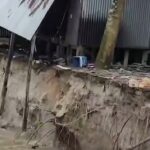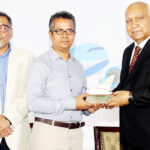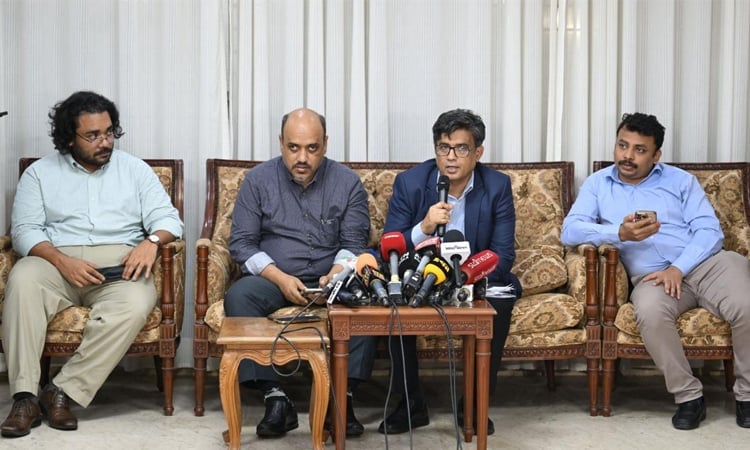 MM Rahmatullah: Teletalk Bangladesh, the state-owned telecom operator, finds itself ensnared in a web of mismanagement accusations, as disclosed by the Bangladesh Mobile Consumers Association (BMCA), intensifying concerns amidst a fiercely competitive telecom environment.
MM Rahmatullah: Teletalk Bangladesh, the state-owned telecom operator, finds itself ensnared in a web of mismanagement accusations, as disclosed by the Bangladesh Mobile Consumers Association (BMCA), intensifying concerns amidst a fiercely competitive telecom environment.
Despite an initial infusion of Tk 600 crore, Teletalk’s investment portfolio has surged to Tk 14,000 crore; however, its active SIM user base languishes at a mere 62-63 lakh, significantly below the national average of 19 crore.
BMCA’s scrutiny reveals fundamental issues plaguing Teletalk’s performance. The predominance of government officials on the company’s board has bred a culture of scant accountability and innovation inertia among senior officers, stifling progress.
Teletalk’s paltry tower count, coupled with sluggish 4G network expansion, undermines its competitive stance vis-à-vis industry counterparts. Moreover, investments in ostensible “luxury projects,” such as 5G ventures in low-traffic locales, are deemed misguided and wasteful.
BMCA advocates a strategic overhaul, encompassing board restructuring with industry experts, robust 4G network expansion initiatives, meticulous feasibility assessments, and rectification of power backup deficiencies at BTS sites.
Amidst mounting pressures, BMCA urges swift government intervention to redress these systemic shortcomings and safeguard Teletalk’s foothold in the cutthroat telecom domain.
Teletalk’s struggle reflects systemic challenges
Teletalk Bangladesh’s ongoing battle against mismanagement underscores broader issues prevalent within state-owned enterprises (SOEs) and the telecommunications sector. The criticisms levied against Teletalk by the Bangladesh Mobile Consumers Association (BMCA) shed light on several key challenges hindering the company’s competitiveness and operational efficiency.
Firstly, the dominance of government officials on Teletalk’s board highlights a common theme within many SOEs: bureaucratic influence often impedes agility and innovation. The lack of accountability and drive for performance among senior officers, as noted by the BMCA, underscores the necessity for greater autonomy and industry expertise in governance structures.
Secondly, Teletalk’s struggle with infrastructure deficits and suboptimal investments reflects broader issues facing the telecommunications sector in Bangladesh. Inadequate network coverage and slow 4G rollout not only undermine Teletalk’s competitiveness but also contribute to the digital divide, limiting access to essential services for underserved communities.
Moreover, the misallocation of resources, such as investments in “luxury projects” like 5G in remote areas with low traffic, underscores the importance of rigorous feasibility studies and strategic planning in resource allocation decisions. This calls for a more prudent approach to investment management within SOEs to ensure optimal utilization of funds and alignment with broader industry trends.
The recommendations put forth by the BMCA, including board restructuring, infrastructure investment, and enhanced feasibility assessments, offer a roadmap for addressing Teletalk’s immediate challenges. However, the underlying issues facing the company are symptomatic of broader systemic challenges within SOEs and the telecommunications sector.
In light of Teletalk’s struggles, there is a pressing need for comprehensive reforms to enhance governance transparency, promote industry expertise in decision-making processes, and foster a culture of accountability and innovation within SOEs. Additionally, policymakers must prioritize initiatives aimed at bridging the digital divide and promoting equitable access to telecommunications services across Bangladesh.
Ultimately, the fate of Teletalk Bangladesh serves as a cautionary tale highlighting the imperative for systemic reforms to ensure the long-term sustainability and competitiveness of state-owned enterprises in an increasingly dynamic and competitive global marketplace.






